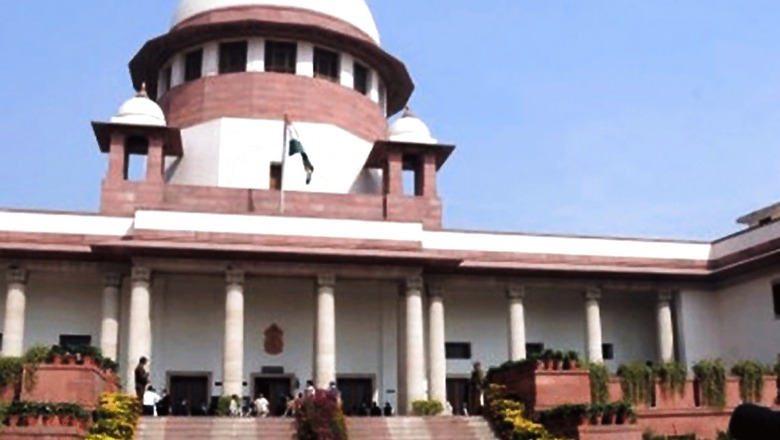
views
The Supreme Court Wednesday kept in abeyance the effect of a recent order by a court in USA which had asked Antrix Corporation, the commercial arm of ISRO, to pay compensation of USD 1.2 billion to Bengaluru-based startup Devas Multimedia for cancelling a satellite deal in 2005. As per the agreement in January 2005, Antrix agreed to build, launch and operate two satellites and to make available 70 MHz of S-band spectrum to Devas, which the latter planned to use to offer hybrid satellite and terrestrial communication services throughout India.
The agreement was terminated by Antrix in February 2011. Over the next several years, Devas approached various legal avenues in India. This included the Supreme Court, which directed for a tribuna adjudication. The matter came up for hearing before a bench headed by Chief Justice S A Bobde on Wednesday.
Solicitor General Tushar Mehta, appearing for Antrix Corporation, sought an order keeping at abeyance the effect of US court’s October 27 decision. The apex court also allowed Mehta’s submission that the pending cases between the two parties be transferred to the Delhi High Court from Bengaluru. In the October 27 order, the US court had ruled that Antrix Corporation pay a compensation of USD 562.5 million to Devas Multimedia Corporation and the related interest rate amounting to a total of USD 1.2 billion.
In its lawsuit filed in the US District Court, Western District of Washington in September 2018, Devas Multimedia said three separate international tribunals and nine different arbitrators have found the termination of the Devas-Antrix agreement to have been wrongful, with one of the tribunals describing it as conduct ‘which shocks, or at least surprises, a sense of juridical propriety,’ and another finding it to be a clear breach of simple good faith by India. Antrix, in November 2018, had sought the dismissal of the lawsuit citing jurisdictional issues.
On February 25, 2011, Antrix issued a termination notice to Devas, which among other things stated that the policy decision was of the central government, acting in its sovereign capacity is the event of force majeure, which was an occurrence on February 23, 2011. Devas disputed Antrix’s repudiation of the agreement and sought to conduct discussions among senior management as contemplated by that agreement.
In June 2011, Devas commenced arbitration proceedings under the Rules of Arbitration of the International Chamber of Commerce. Antrix initially refused to participate in the arbitration and obtained an injunction from the Supreme Court enjoining the arbitration. After one year, the Supreme Court lifted the injunction, allowing the arbitration to proceed. Thereafter, Antrix participated fully in the arbitration. In March this year, the apex court had asked Devas Multimedia, which had won an arbitral award of USD 672 million from an international tribunal in 2015 against Antrix Corporation, to apprise it whether it was willing to waive interest component on the amount.
The top court was then hearing an appeal of Devas Multimedia against the Delhi High Court verdict in 2018 holding that a Bengaluru court had the jurisdiction to hear the dispute as the issue was first raised there.
Read all the Latest News, Breaking News and Coronavirus News here
















Comments
0 comment